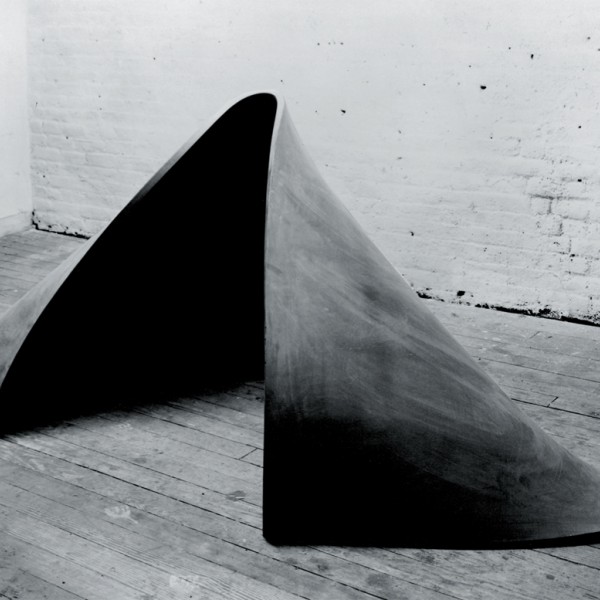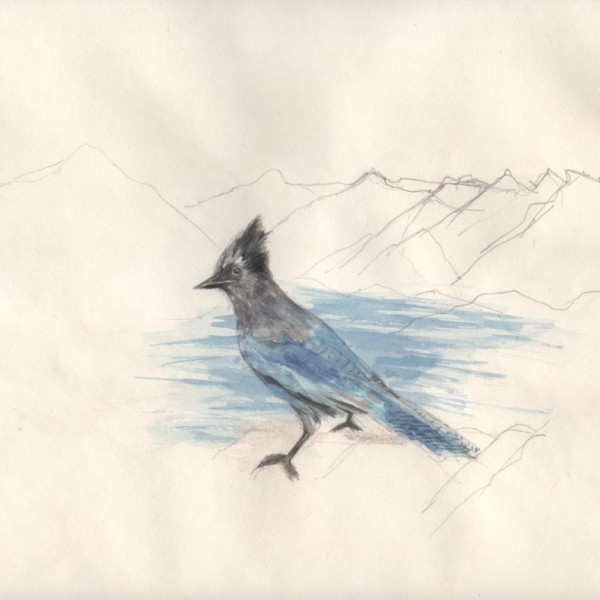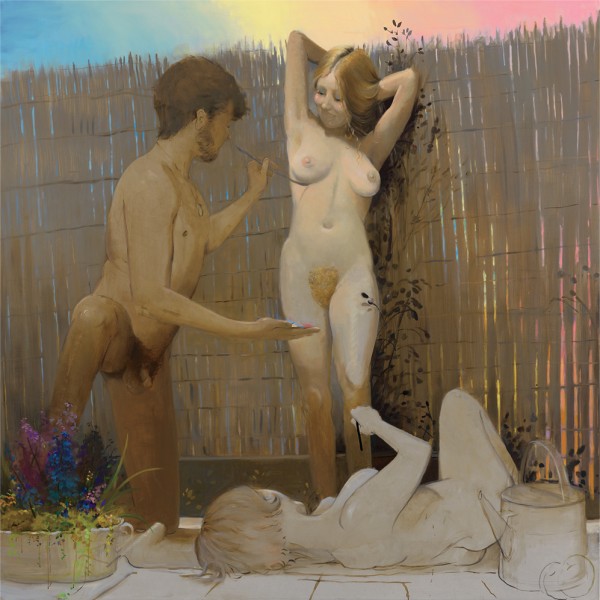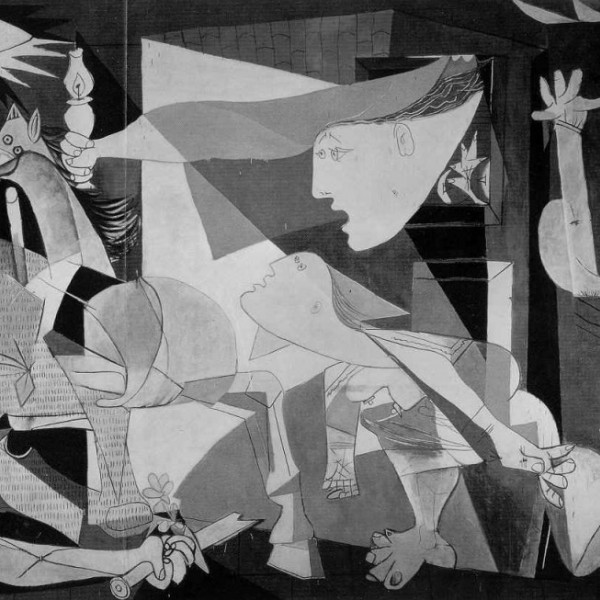Meeka Walsh
-

Lovely Leonora
With a head full of the Irish folk stories on which she was raised and her own adept young mind inclined to the metaphysical, to which was added the enchantment of a world filled with all the possibilities
-

The Weight of History
Richard Serra told us that he came to a place in his work where he didn’t want people to be simply looking at a single object; he wanted them to experience the work by going through it.
-

Say, Bird: A Consideration of Interspecies Romance
This story has been told before. It’s largely an urban romance, for a number of reasons. In one telling gold coins are involved and this implies structures…
-

Lisa Yuskavage
“It’s a constant theme for me: the struggle between the desire to be right and the desire to be wrong. I think it’s all just wanting to be true. And what is true and correct and right in art is often wrong in the world.”—Lisa Yuskavage
-

Online Interview with Chris Kraus
Chris Kraus has written her seventh book, called ‘After Kathy Acker: A Literary Biography’, which Semiotext(e) will publish this month. Readers can’t help but be engaged by subject and writer. It is an indispensable book.
-

Picasso’s Guernica, Walter Benjamin, war and peace
For Picasso, the bombing of the Basque city of Guernica in April 1937 marked a new terrifying industrial and anonymous warfare, a warfare of the modern period.
-

Pivotal Moments
A sense of mysticism pervades all of Shirin Neshat’s work, in the gentlest but most persistent manner. It’s evident in her person—this small, delicate as a bird, formidable individual who enchants and engages an audience by making her ethical rigour very clear.
-

Learning from the Lens
For the Dutch-born photographer Lidwien van de Ven, photography is a reciprocal process of give and take. The reason for travelling to another country is to learn from where you are, rather than going there to “take” a picture.
-

The Multitudinous See
A collision can be many things. In collage it’s the overlay and the edges, the abutment that either creates or disassembles meaning. In a rapid succession of film edits the collision of images interrupts and then creates narrative.
-

A Moral Place in the World
Incredulous, exhausted by disbelief I, among others, find myself speechless in this time when the necessity for speech is urgent. - Meeka Walsh
-

Breath Taker
From the time her father took her to see the John Carpenter movie The Thing, 1982, when she was nine years old, her imagination has been captivated by films that are most entertaining when they are most anxiety-provoking…
-

The Natural Entropy of Things
Stephen Waddell’s book Hunt and Gather, published in 2011 by Steidl in Germany, is descriptive, by title, of his process and intention. It isn’t anthropological in referring to stages in the development of homo sapiens, making our way; it describes instead Waddell’s preference, pursuit and methodology…
Haven’t found what you're looking for? Explore our index for material not available online.

